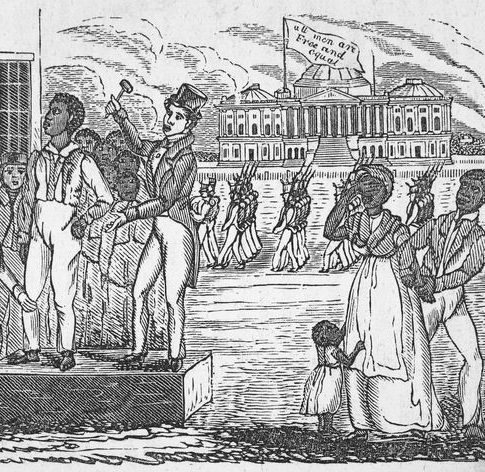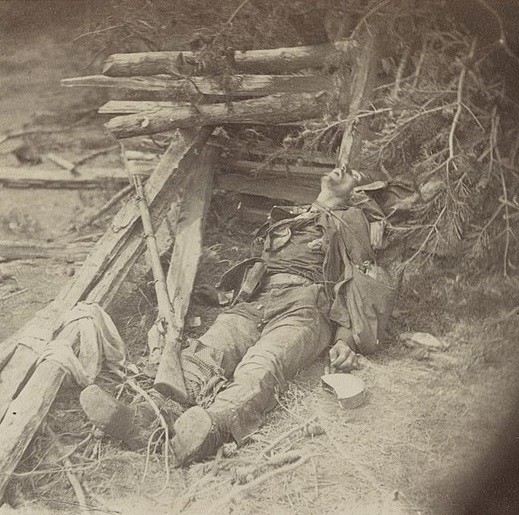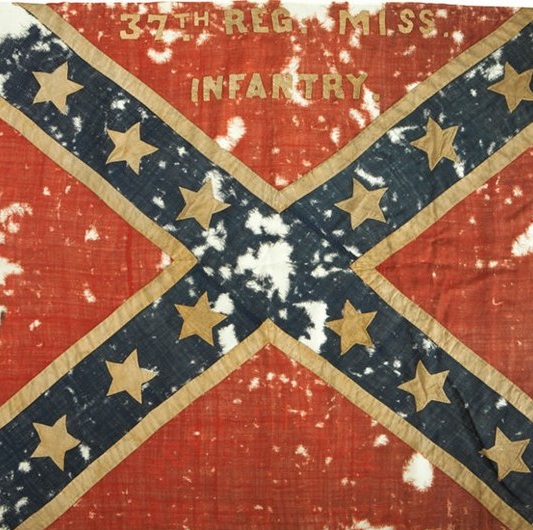
by Richard Subber | Dec 11, 2022 | American history, Book reviews, Books, History, Politics, Power and inequality
the former slaves were forgotten in the North…
Book review:
Reconstruction After the Civil War
by John Hope Franklin
Eric Foner, foreword
Chicago: The University of Chicago Press, 3rd edit., 1961, repr. 2013
Franklin changed the viewpoint of professional historians about the goals and failures of the Radical Republicans’ policies on “reconstruction” of the Confederate states after the American Civil War.
In the past historians reported the Reconstruction period as a politically motivated effort by Northern politicians to control the Southern states, with sometimes superficial attention to the concept and the abandonment of effectively giving millions of black Americans the right to vote.
Franklin’s thesis, in simplistic terms, is that contending political and business interests tried to pursue “reconstruction” to develop the economic capacity of the South, and the plight of freed slaves gradually slipped from the center of attention. The white folks who were leaders of the secession rather quickly resumed their control of the Southern states.
* * * * * *
Book review. Copyright © Richard Carl Subber 2022 All rights reserved.
Book review: Saint Joan
by George Bernard Shaw
–
My first name was rain: A dreamery of poems with 53 free verse and haiku poems,
and the rest of my poetry books are for sale on Amazon (paperback and Kindle)
and free in Kindle Unlimited, search Amazon for “Richard Carl Subber”
* * * * * *

by Richard Subber | Nov 25, 2022 | American history, Book reviews, Books, Democracy, History, Politics, Power and inequality
the many meanings of “shareholder value”…
Book review:
The Man Who Broke Capitalism:
How Jack Welch Gutted the Heartland
and Crushed the Soul of Corporate America—
and How to Undo His Legacy
by David Gelles
New York: Simon & Schuster, 2022
264 pages
Gelles has written a dreadfully important expose of the evolution of the disastrous idolatry of “maximizing shareholder value” and funneling more and more of America’s corporate wealth to the relatively small cadre of executives and directors and financiers who took advantage of it to line their own pockets and deny economic success to just about everyone else.
Of course, Gelles doesn’t say that Jack Welch was the only one who did it. For my taste, the title of the book is a distraction from the truth: America’s financial elite have misappropriated the industrial wealth of the country.
The Man Who Broke Capitalism concludes with a broadly detailed array of governmental policies that would remediate the disaster that Jack Welch and the Chicago school of economists and so many others created to be a substitute for the notion that a corporation is a creature of our society, and is best understood as a conduit for creating goods, creating wealth, and widely distributing both.
* * * * * *
Book review. Copyright © Richard Carl Subber 2022 All rights reserved.
Book review: Ethan Frome
it’s about not being satisfied with less…
by Edith Wharton
–
Writing Rainbows: Poems for Grown-Ups with 59 free verse and haiku poems,
and the rest of my poetry books are for sale on Amazon (paperback and Kindle)
and free in Kindle Unlimited, search Amazon for “Richard Carl Subber”
* * * * * *

by Richard Subber | Nov 21, 2022 | American history, Book reviews, Books, History, Politics
Essential, readable, provocative…
Book review:
Major Problems in the Civil War and Reconstruction
1st and 2nd editions
Michael Perman, ed.
1st Edition: Lexington, MA: D. C. Heath and Company, 1991, 598 pp.
2nd Edition: Boston, MA: Houghton Mifflin Company, 1998, 460 pp.
Major Problems in the Civil War and Reconstruction is a tantalizing collection of contemporary documents and complementary essays by modern writers.
Perman has assembled “essential, readable, and provocative” commentaries on the catastrophes of the Civil War and Reconstruction in the middle of the 19th century.
Maybe you know a lot about that time and those events. You’ll learn more from this commendably interesting and surprisingly insightful book.
Take the time to read both editions of Major Problems—both editions are equally valuable, with almost wholly different selections.
* * * * * *
Book review. Copyright © Richard Carl Subber 2022 All rights reserved.
Book review: Shawshank Redemption
It’s a world I do not want to know…
by Stephen King
–
My first name was rain: A dreamery of poems with 53 free verse and haiku poems,
and the rest of my poetry books are for sale on Amazon (paperback and Kindle)
and free in Kindle Unlimited, search Amazon for “Richard Carl Subber”
* * * * * *

by Richard Subber | Oct 5, 2022 | American history, Book reviews, Books, History, Politics
a casual look at Civil War history
Book review:
A History of the People of the United States
During Lincoln’s Administration
by John Bach McMaster
New York: D. Appleton and Company, 1927
693 pp.
This is an intriguing historical excursion into American history from the vantage point of 1927.
McMaster’s style is notably less than academic—his very casual quotation style is a distraction.
Basically, he offers a sometimes superficial political perspective on the origins, conduct, and denouement of the American Civil War.
A well-informed reader can skim A History without undue loss.
* * * * * *
Book review. Copyright © Richard Carl Subber 2022 All rights reserved.
Old Friends (book review)
Tracy Kidder tells truth about old age…
–
As with another eye: Poems of exactitude with 55 free verse and haiku poems,
and the rest of my poetry books are for sale on Amazon (paperback and Kindle)
and free in Kindle Unlimited, search Amazon for “Richard Carl Subber”
* * * * * *

by Richard Subber | Sep 28, 2022 | American history, Book reviews, Books, Democracy, History
…they just walked away…
Book review:
Ends of War:
The Unfinished Fight of Lee’s Army
after Appomattox
by Caroline E. Janney
Chapel Hill, NC: The University of North Carolina Press, 2021
331 pp.
I thought I know a lot about the American Civil War. Janney’s book, Ends of War, is a good reminder that there’s lots more to learn.
Lee surrendered his army to Grant on April 9, 1865. Of course it’s pretty well known that other Confederate Army units were still fighting for several months after that event.
Janney confirms this stark point: for tens of thousands of Confederate soldiers, the war didn’t end then. They just stopped actively fighting the Union forces.
Close to half of Lee’s men never actually surrendered at Appomattox, and this unappreciated reality was part of the foundation of the dangerous Southern mythology of the “Lost Cause.”
Lee had a bit less than 50,000 men under his command when he signed the surrender document in Wilmer McLean’s house. Less than 30,000 of Lee’s men were officially but very haphazardly “paroled” in the days following the surrender.
At least 20,000 men in dirty gray uniforms walked or rode away from Appomattox without officially surrendering, most of them hoping to head for home. Many of them remained devoted to “the cause.”
It seems that Grant and Lincoln and the Union forces desperately wanted to end the fighting, but there was no real Northern plan to deal with the peace that was the presumptive goal, and to end the Southern insurrection, and to realistically bring the people of the rebel states back into the Union.
For my taste, the book is too long. I’m sure Janney could have established her argument, made her case, and proved her point in fewer pages.
* * * * * *
Book review. Copyright © Richard Carl Subber 2022 All rights reserved.
Book review: The Cradle Place
by Thomas Lux
just poems wrapped in a wet rag…
–
My first name was rain: A dreamery of poems with 53 free verse and haiku poems,
and the rest of my poetry books are for sale on Amazon (paperback and Kindle)
and free in Kindle Unlimited, search Amazon for “Richard Carl Subber”
* * * * * *

by Richard Subber | Sep 19, 2022 | Book reviews, Books, History, Human Nature, Politics, Power and inequality, World history
swords, but no ploughshares…
Book review:
The Great Game:
The Struggle for Empire in Central Asia
by Peter Hopkirk
New York: Kodansha International, Ltd., 1992
564 pp
This was almost entirely new history to me. I guess I’m a typical Westerner—I don’t know much about Asia.
It’s not enough that the indigenous peoples of Asia have been squabbling and fighting with each other for centuries. The British and other Europeans and the Russians decided to get involved in the “Great Game” of trying to control and expropriate the riches of the East.
The Great Game tells it all.
It hasn’t turned out well at all.
Endless warfare is not the way to go about it. It don’t work.
* * * * * *
Book review. Copyright © Richard Carl Subber 2022 All rights reserved.
Book review:
The American Revolution: A History
The “Founders” were afraid of “democracy”…
by Gordon S. Wood
–
Seeing far: Selected poems with 47 free verse and haiku poems,
and the rest of my poetry books are for sale on Amazon (paperback and Kindle)
and free in Kindle Unlimited, search Amazon for “Richard Carl Subber”
* * * * * *





